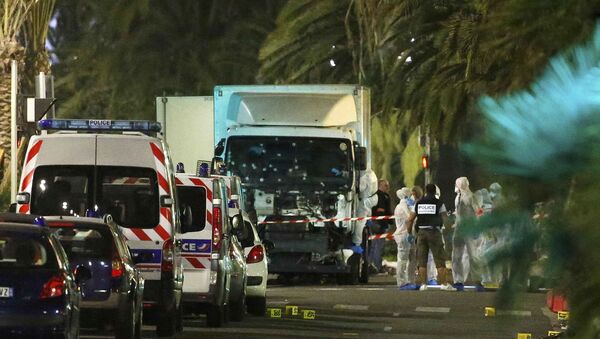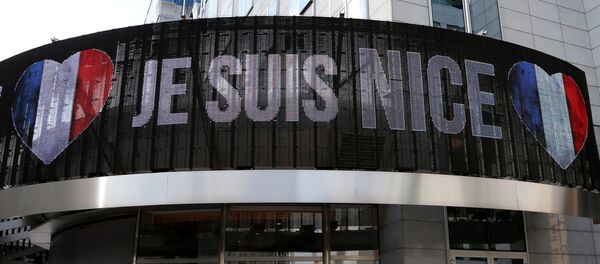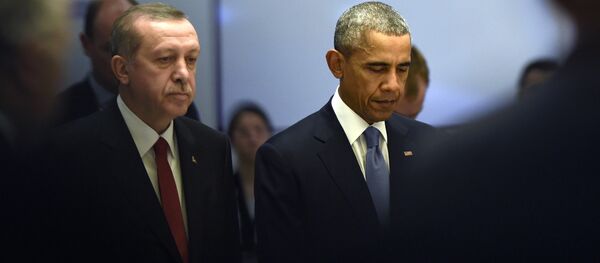That was the warning provided by the nation’s top security official, Patrick Calvar, in the wake of the Nice terror attacks that left 84 people dead with over 300 others wounded when Tunisian born Daesh terrorist Mohamed Lahouaiej Bouhel drove a 19-tonne cargo truck into a crowd celebrating Bastille Day – the country’s national holiday of independence and liberation marking the French Revolution.
Yet, this is not the first time that Calvar has made this dreary projection for the future of France. Rather the security official has turned out to be quite prescient providing the same warning to the French parliament on July 12, 2015 – months after the Charlie Hebdo shooting, but long before horror descended upon the Bataclan Theater in Paris on November 13, 2015 and the city of Nice in the past week.
In May 2016, the country’s leading security official once again cautioned the French Parliament’s commission on national defense saying that “Europe is in danger – Extremism is on the rise everywhere, and we are now turning our attention to some far-right movements who are preparing a confrontation.”
The confrontation that he warned of was what he first called “intercommunity confrontations” which he later explained was a politically correct way of saying that the far-right is ramping up for a full-fledged “war against Muslims.”
He cautioned that “one or two more terror attacks and we may well see a civil war.”
In February 2016, Calvar explained before a senate commission in charge of intelligence information that “We are looking now at far-right extremists who are just waiting for more terrorist attacks to engage in violent confrontation.”
Perhaps the people that Calvar has attempted in despair to jolt into action need look only as far as recent presidential polling which shows the far-right Nationalist Front leader Marine Le Pen, daughter of the much more bombastic and bigoted Jean-Marie Le Pen, leading all presidential candidates by a healthy margin scoring 28% of the popular vote while former President Nicolas Sarkozy could only must 21% of the vote and the nearly helpless Francois Hollande received support from 14% of the electorate while boasting a historically bad 10% approval rating.
Those results were long before terror once again visited the country – this time in France – but shows a growing resentment among the population for the open borders of the European Union’s Schengen agreement in addition to distrust of the unelected cabal that rules the country from Brussels, Belgium – the European Commission.
In response to the growing far-right sentiments, Marine Le Pen’s fervent far-right nationalism may be the least of France’s problems with Francois Hollande pouring kerosene over a lit match by his reticence to identify the scourge of terrorism as a phenomenon seen among Muslim groups and his refusal to shutdown hardline Salafist mosques. Le Pen, by contrast, would look to escape the European Union’s porous borders and while potentially emboldening bigots, she would not pretend the house wasn’t on fire.
Perhaps Patrick Calvar’s warnings are too late – or perhaps they were never heard at all.






